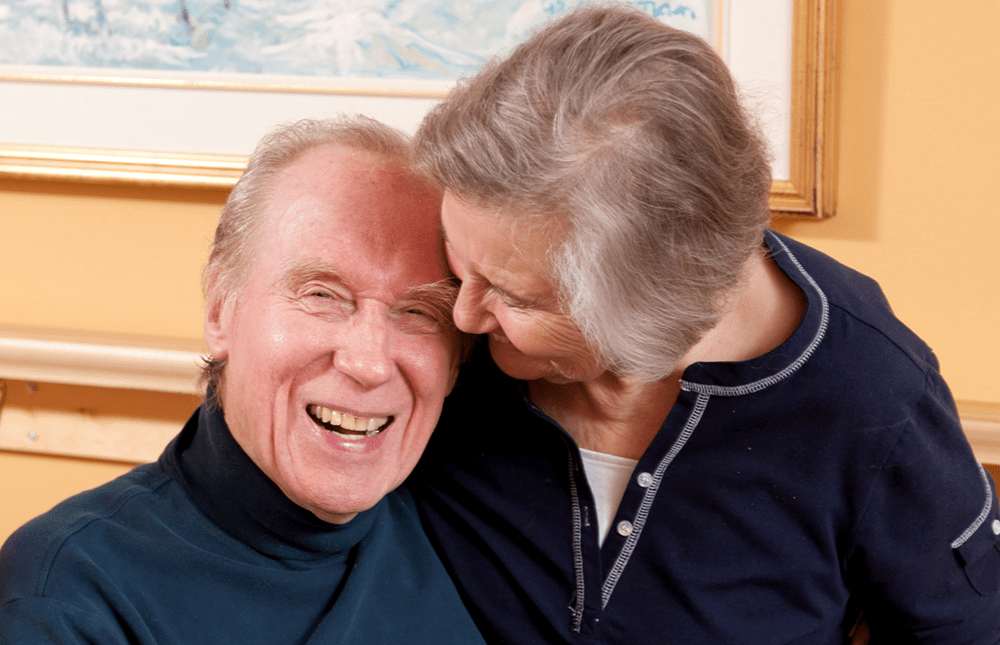Caring for Someone After a Stroke

A stroke, which is caused by a clot or bleed in the brain, can be very serious. People who’ve had a stroke often need extra care for the rest of their lives. Caring for someone who has had a stroke can be challenging.
Although no two strokes are alike, here are some helpful tips on how to care for your loved one after a stroke:
- Do your research: Since no two strokes are the same, it’s important to learn about your loved one’s specific type of stroke. This means researching which part of the brain was damaged and what that part of the brain controls in order to understand how your loved one will be affected.
- Think about home safety: After a stroke, people often experience weakness, paralysis and problems with balance or coordination. This typically means that adjustments will need to be made in your home to meet the new needs of your loved one. For example, installing grab bars in the bathroom, purchasing walking or lifting equipment and adjusting for wheel chair access, are all possibilities based on your loved one’s needs. In other cases, something as simple as gripping utensils can make a big difference to your loved one’s independence.
- Understand the mental impact: Sometimes we forget that a stroke has mental consequences as well as physical ones. After a stroke, your loved one’s behaviour may change. They may respond and react differently to events or not respond at all. It’s important to be understanding.
- Know the risk factors: The chance of having a second stroke is always a possibility so it’s important to know how to minimize the risk. A low-fat and balanced diet, daily exercise, appropriate medication and regular check-ups are all crucial steps in preventing another stroke. Although exercise may be difficult, it’s necessary to have engage in mild exercise daily, especially stretching and bending to help increase movement and help decrease spasticity which is common after a stroke.
- Take care of you: Being a caregiver is a full time job and it’s easy to forget to take care of yourself. Join programs and support groups for caregivers to connect with others who are going through the same struggles. As well, get caregiver relief when you need it to help avoid burnout. VHA offers caregiver relief. Learn more here: https://www.vha.ca/services/community-support-programs/.
